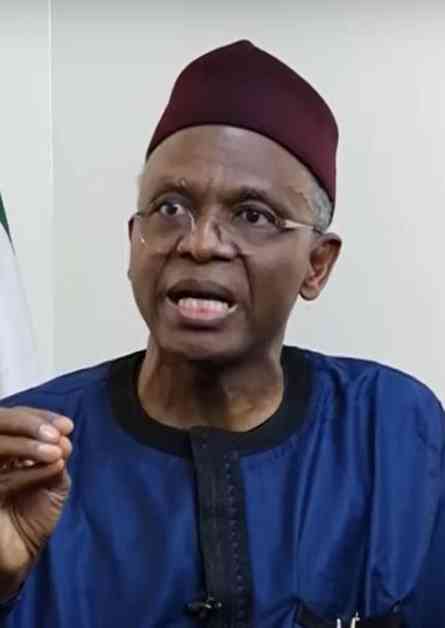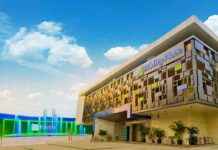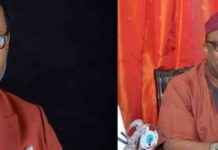Nasir El-Rufai, the former Governor of Kaduna State, recently made a bold move that has captured the attention of political observers across Nigeria. In a statement released on Monday, March 10, 2025, El-Rufai announced his resignation from the ruling All Progressives Congress (APC) and extended an invitation to opposition members to join the Social Democratic Party (SDP) with the aim of challenging the APC in the upcoming 2027 elections.
El-Rufai’s decision to leave the APC, a party he had been actively involved in and contributed to for many years, stemmed from his dissatisfaction with the current trajectory of the party. Despite his past successes in securing electoral victories for the APC and implementing progressive policies during his tenure as governor, El-Rufai felt that the party had strayed from its founding principles and no longer aligned with his vision for the country.
The announcement of El-Rufai’s resignation and his call for opposition members to unite under the SDP banner came after a series of political consultations with key figures in Nigerian politics, including former Minister of Interior Rauf Aregbesola, Pastor Tunde Bakare, and former President Muhammadu Buhari. These high-profile meetings have sparked speculation about El-Rufai’s political future and potential strategic alliances leading up to the 2027 elections.
El-Rufai’s Vision for the SDP
In his statement, El-Rufai emphasized the need for opposition parties to come together under a single democratic platform to challenge the dominance of the APC in Nigerian politics. He called on supporters and concerned citizens to join him in the SDP as they work towards building a stronger, more inclusive political landscape in the country.
El-Rufai’s decision to align himself with the SDP signifies a new chapter in his political career and marks a significant shift in the Nigerian political landscape. As a seasoned politician with a track record of leadership and governance, El-Rufai’s move is expected to have far-reaching implications for the country’s political future.
Implications for the 2027 Elections
With El-Rufai’s entry into the SDP and his efforts to rally opposition members behind the party, the stage is set for a dynamic and potentially transformative election cycle in 2027. As one of the most prominent figures in Nigerian politics, El-Rufai’s leadership and strategic acumen could reshape the political landscape and challenge the dominance of the APC in the years to come.
As Nigerians await the unfolding of events leading up to the 2027 elections, El-Rufai’s decision to join forces with the SDP and his call for unity among opposition parties have injected a new level of energy and excitement into the political arena. The coming months and years will undoubtedly be marked by intense campaigning, strategic maneuvering, and high-stakes negotiations as political actors position themselves for the electoral battle ahead.
In conclusion, Nasir El-Rufai’s decision to leave the APC and embrace the SDP represents a significant development in Nigerian politics and sets the stage for a potentially transformative election cycle in 2027. His call for opposition members to unite under a common platform signals a new chapter in the country’s political landscape and underscores the importance of collaboration and unity in shaping the future of Nigeria’s democracy.



























